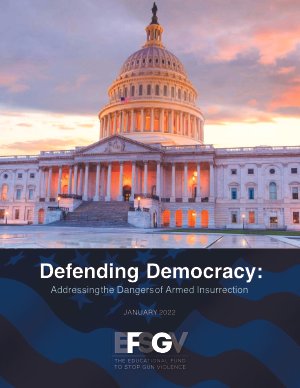By Yael Litmanovitz, David Weisburd, Badi Hasisi, and Michael Wolfowicz
Perhaps one of the most pressing issues facing the world today is that of the threat of radicalization and terrorism. Whilst terrorism affects almost every country in the world to some extent, the threat of terrorism has increased exponentially in democratic and semi-democratic countries (especially the OECD). The most current figures state that OECD countries experienced a 650% increase in terrorism related deaths between 2014 and 2015, with many of the attacks having been linked to or inspired by the Islamic State (ISIS) (GTI, 2016). The last year has been witness to many high-profile attack in Europe, namely in Paris and Brussels. There have also been a significant number of attacks which were foiled by intelligence and security services (Europol, 2016; MFA, 2016). Terrorism affects us in many ways, not only causing death and destruction but also having negative impacts on health (Holman et-al, 2008; Deboutte, 2016), economy (Eldor & Melnik, 2004), society (Waxman, 2011) and politics (Downes-Le Guin & Hoffman, 1993; Getmansky & Zeitzoff, 2014; Williams et-al, 2013). Economically, there has been a steady increase in the cost of terrorism over the last decade. For example, terrorism has significant effects on markets and tourism in countries affected by it (Sandler & Enders, 2008; Thompson, 2011; Baker, 2014). The GTI (2016) estimates that in 2015 alone the cost of terrorism reached US$89.6 billion, up from US$52.9 billion in 2014 (GTI, 2015). Certainly, the impacts of terrorism are far reaching and in a sense, difficult to quantify (GTI, 2014).
Oslo: Campbell Collaboration, 2017. 23p.







